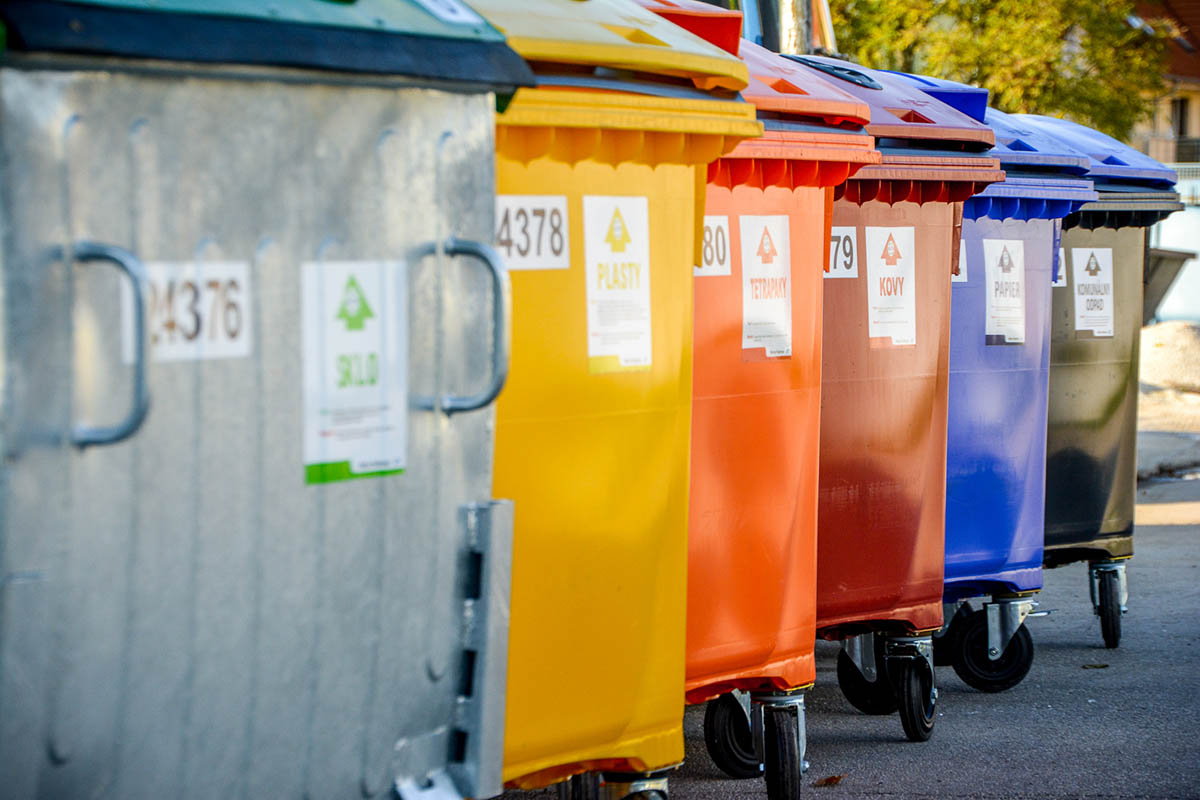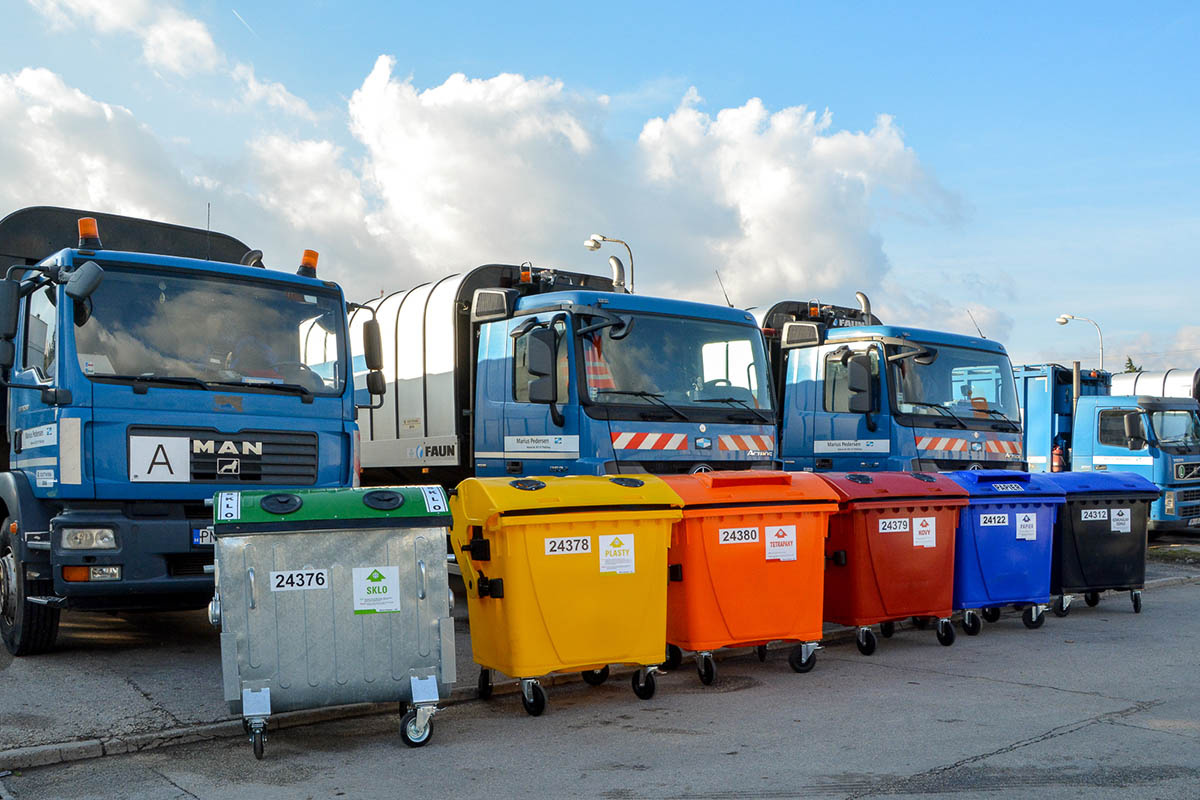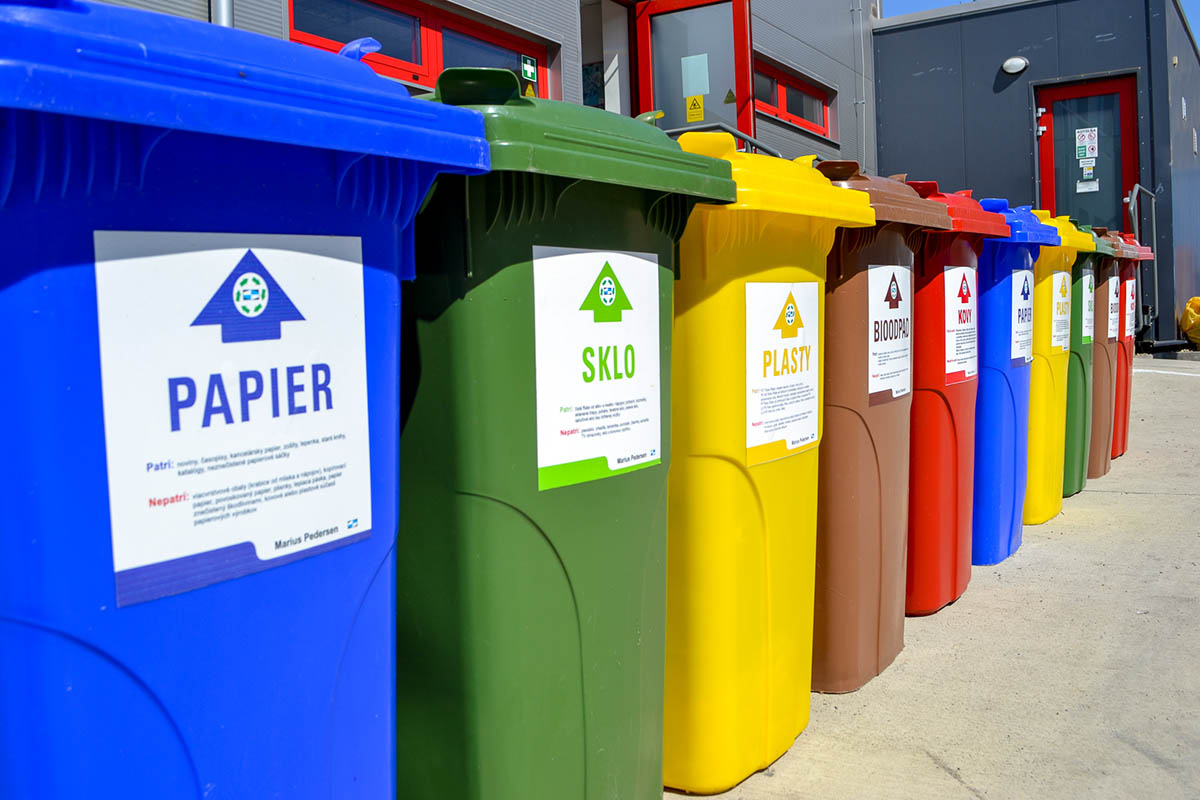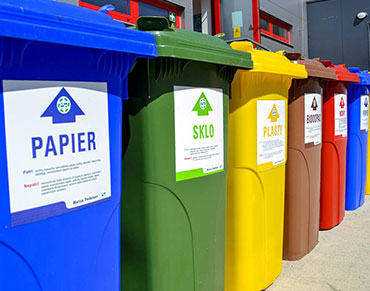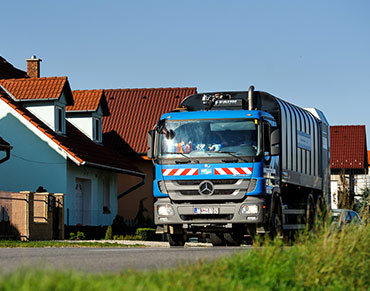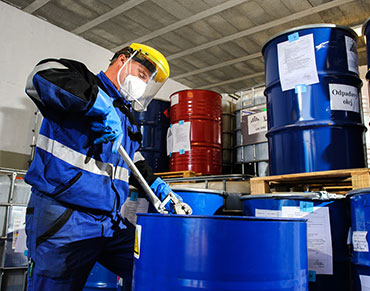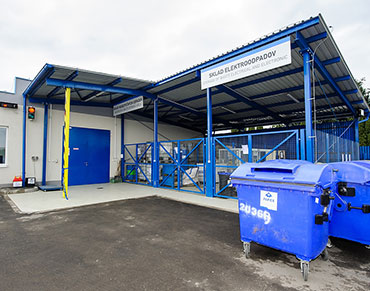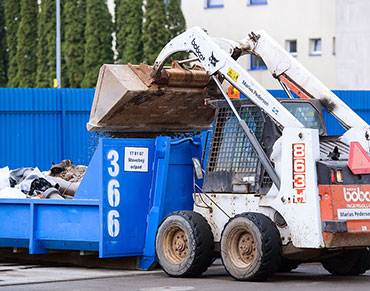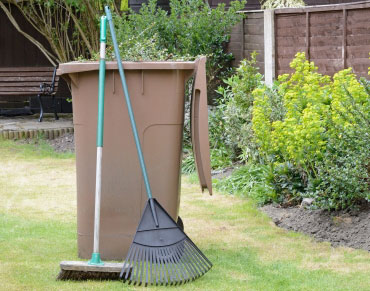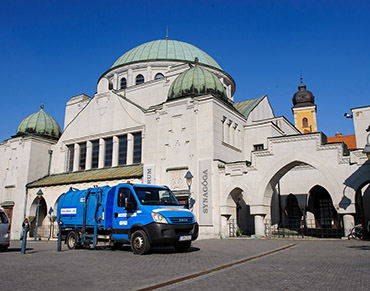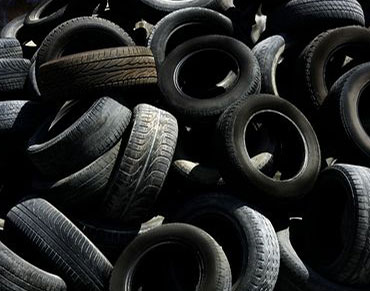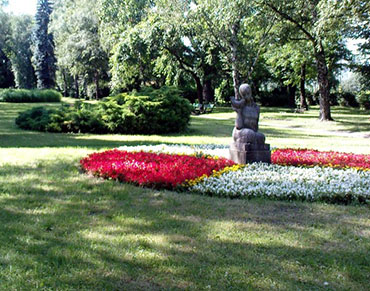Separate waste collection is one of the essential backbone of modern integrated waste management.
It is an activity in which municipal waste components are separated (Act No. 79/2015 Coll.). Separate collection is based on conscious action by citizens who primarily sort the raw materials concerned. Under the new law, the citizen is obliged to sort out waste and the municipality is obliged to create conditions for the collection and sorting of waste by an appropriate system aimed at strictly separating the collection of mixed municipal waste from the collection of sorted components of municipal waste (paper, plastics, glass, metal packaging, TetraPack packaging).
The new Waste Act also introduced a change in the financing of sorting out of waste collection and introduced the principle of extended producer responsibility for selected waste streams. Once again, the municipalities no longer pay for the separate collection, but the packaging producers do.
The new law deals with the so-called extended producer responsibility, which obliges manufacturers to take care of their product throughout its entire life cycle, i.e. even when it becomes waste. The existing separate collection system established in cities and municipalities has been taken over by producer responsibility organizations (PROs) representing these producers. The property of the municipality (e.g. collection containers) remained the property of the municipality.
The objective of municipalities and PROs is the same, namely to gradually reduce the amount of municipal waste, while increasing the number of sorted components of paper, glass, plastics and metals.
According to the new law, sorted collection containers must be differentiated in color: plastics can be stored in a yellow container (the law allows them to be stored together with metal packaging and multi-layer combined materials – TetraPack packages), only glass belongs to a green container, only paper to a blue container.



